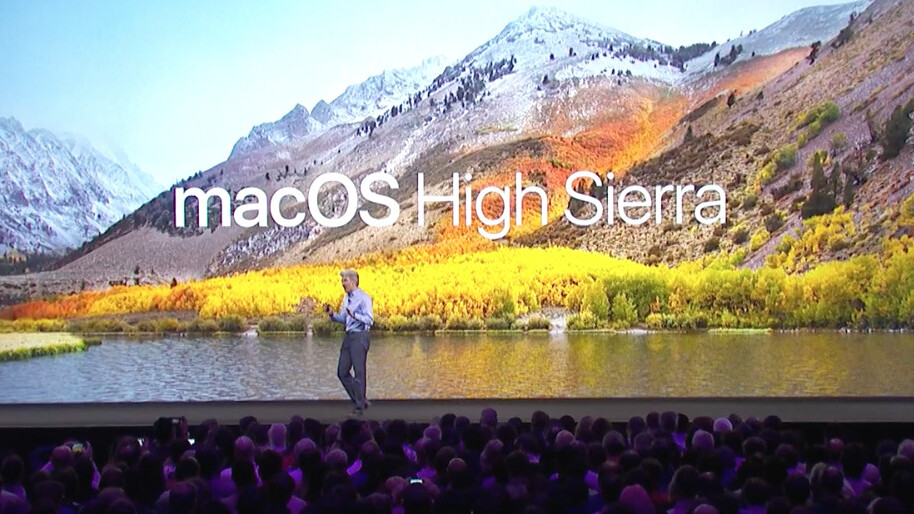
At its Worldwide Developer Conference in San Jose today, Apple’s senior vice president of Software Engineering, Craig Federighi, introduced the new version of MacOS, named ‘High Sierra’.
It also has a bunch of new features and fixes. Updates to Safari make it the fastest desktop browser , thanks to improved JavaScript performance (Apple says it’s 80 percent quicker than Google Chrome).
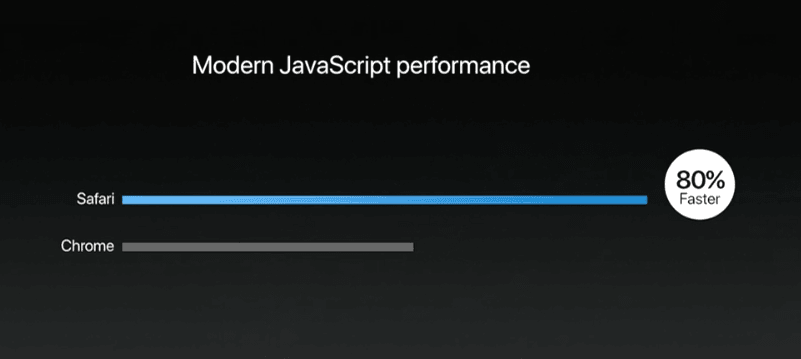
It’ll also block autoplaying ads and video, and use machine learning to implement Intelligent Tracking Prevention and keep sites from tracking your browsing activity around the web.
The latter feature is interesting, because Google is working on something similar – an ad blocker built into Chrome to keep bad ads from ruining your browser experience. Advertisers are going to have to rethink their strategies for targeting customers once these features roll out.
Mail is getting a couple of improvements, including the ability to surface your important messages right at the top of the window, and a new split view that should make it easier to compose messages. In addition, the app will also consume 35 percent less storage for stashing mail on your hard drive.
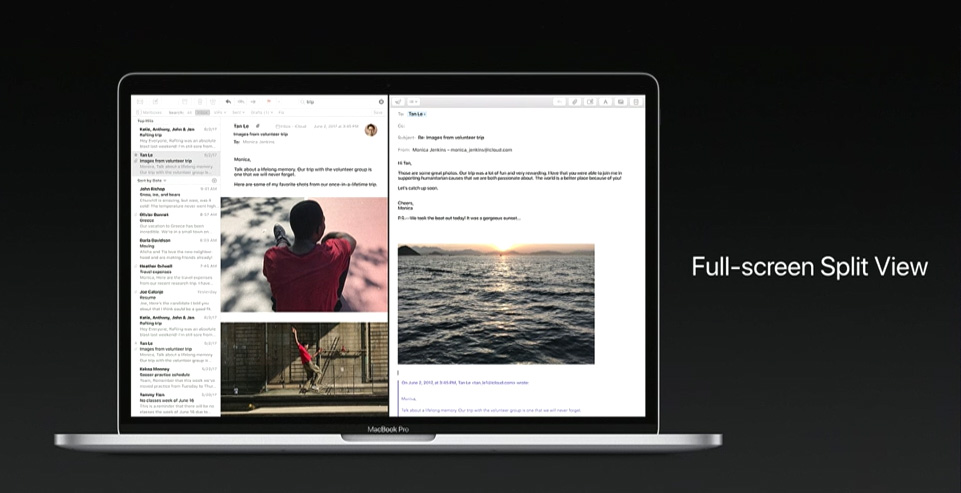
Photos is getting a bunch of new editing tools, like selecting colors and tweaking them individually, and a Curves panel for fine-grained control over contrast and color.
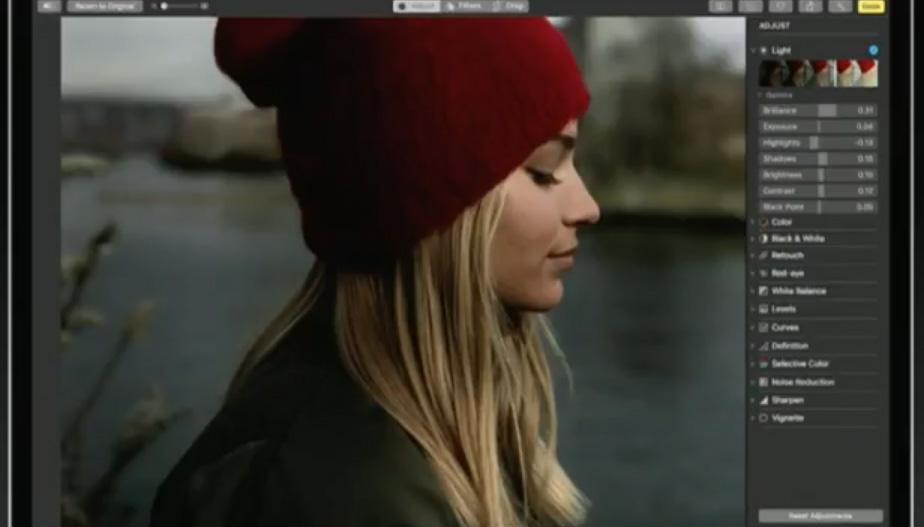
There’s also a new persistent sidebar and a revamped interface that displays images in chronological order, along with options to filter and sort intelligently. In addition, you’ll be able to send images to third-party editing tools like Photoshop and sync your changes to your library.
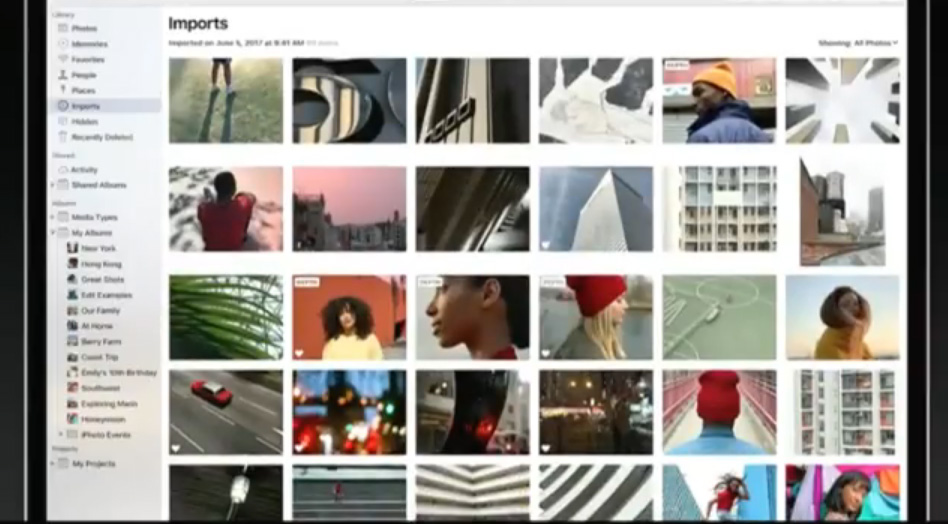
Under the hood, High Sierra will come with the Apple File System, which will replace HFS and should make for significantly faster performance when performing tasks like copying files between locations. Federighi also breezed through capabilities like Native encryption, crash protection, and instant file and directory cloning. We’ll need to dive into this ourselves to learn what those really mean in daily use.
There’s also native support for H.265 / HVEC video codecs, which will optimize compression for smaller file sizes and better 4K performance. This will be supported by hardware acceleration that’s built into recent and upcoming Mac hardware.
Now, on to the fun stuff. The company’s Metal graphics suite is getting a whole new version, which brings driver optimizations, indirect argument buffers, SIMD group data exchange, uniform variables, sampler arrays, and resource heaps. Federighi noted that version 2.0 will deliver 10x better draw call throughput.
No, I don’t know what all that means, but it sounds like Metal 2 will be faster than the last version.
Plus, it’ll bring support for external graphics. To that end, Apple is stashing an enclosure with an AMD RAdeon RX 580 GPU that you can plug into your Mac using the Thunderbolt interface. The developer kit will be available to tinker with from today.

Metal 2 will also allow developers to create VR experiences and run them on the HTC Vive, and do things like use Final Cut Pro X to edit spherical video. Apple is also partnering with Valve to bring the Steam VR SDK to MacOS; the Unreal 4 engine is also slated to become available soon.
There are also a number of other small changes that Apple didn’t get into, but listed on a slide; enjoy discovering them as you try the new version of MacOS once it rolls out to you.

With that, Apple is finally bringing the fight to Windows 10 with impressive new capabilities. It’s good to see that the company is getting into AR and VR following CEO Tim Cook’s enthusiasm for those domains, and also optimizing performance across the OS. With High Sierra, it seems like the new Mac hardware will also be a lot more enticing to people in the market for a new computer that can handle high-end content creation, as well as everyday tasks.
MacOS High Sierra’s developer beta will be available from today; a public beta will roll out in June, and the final version will reach your system in the fall.
Follow all our WWDC 2017 coverage here.
Get the TNW newsletter
Get the most important tech news in your inbox each week.




